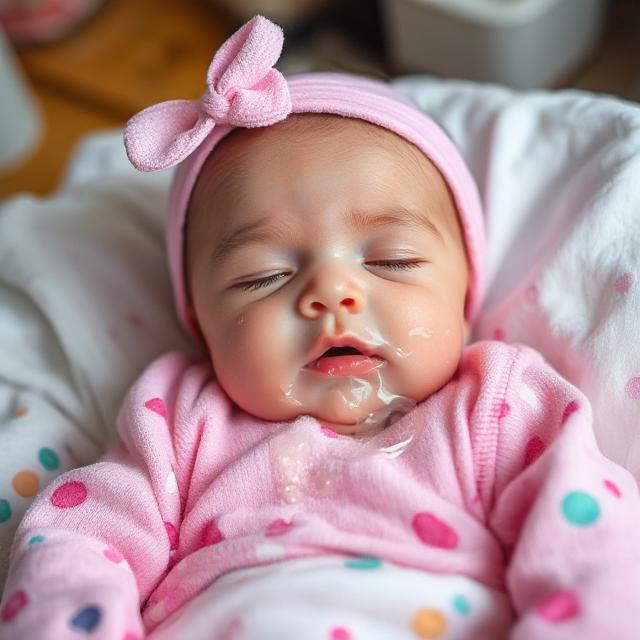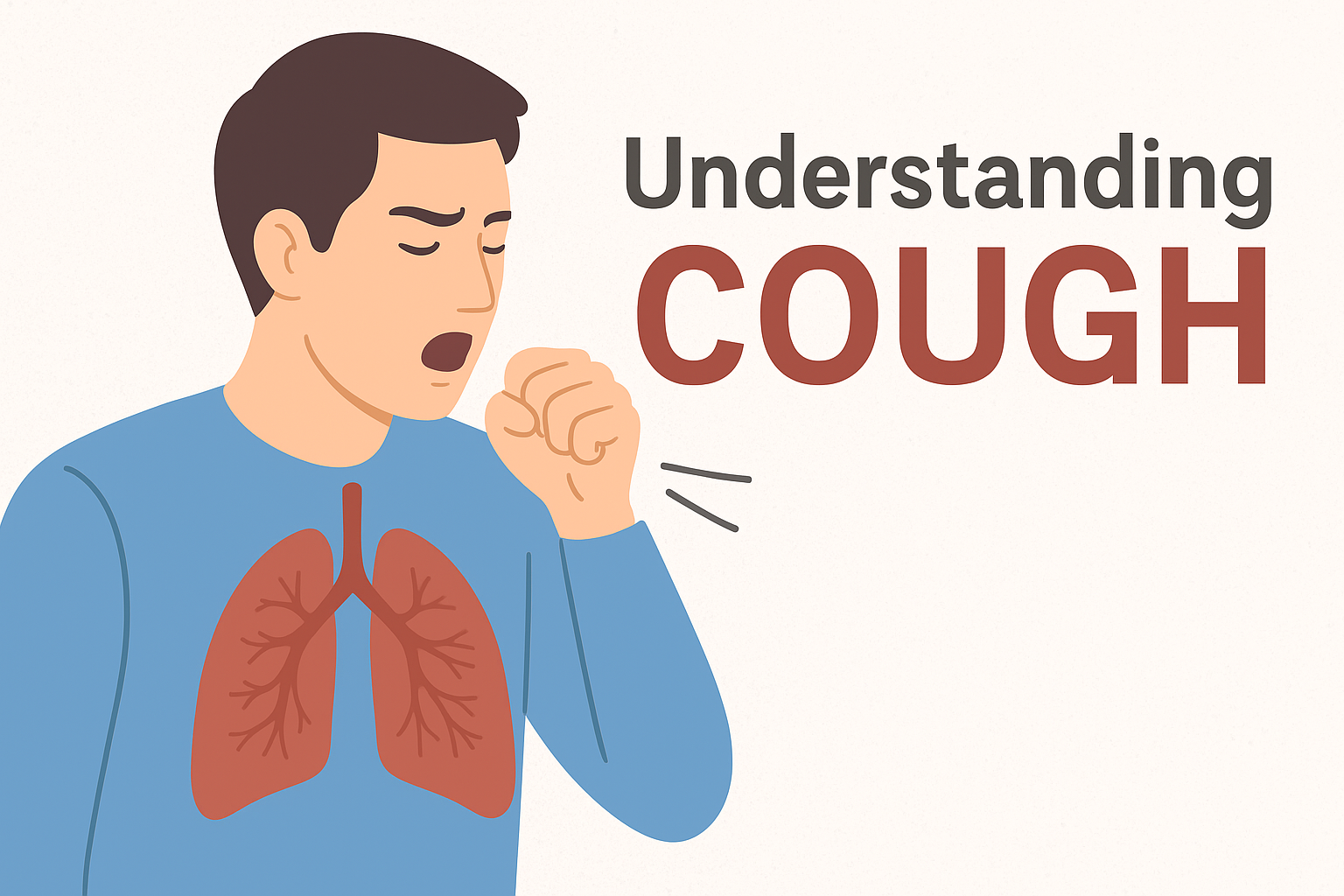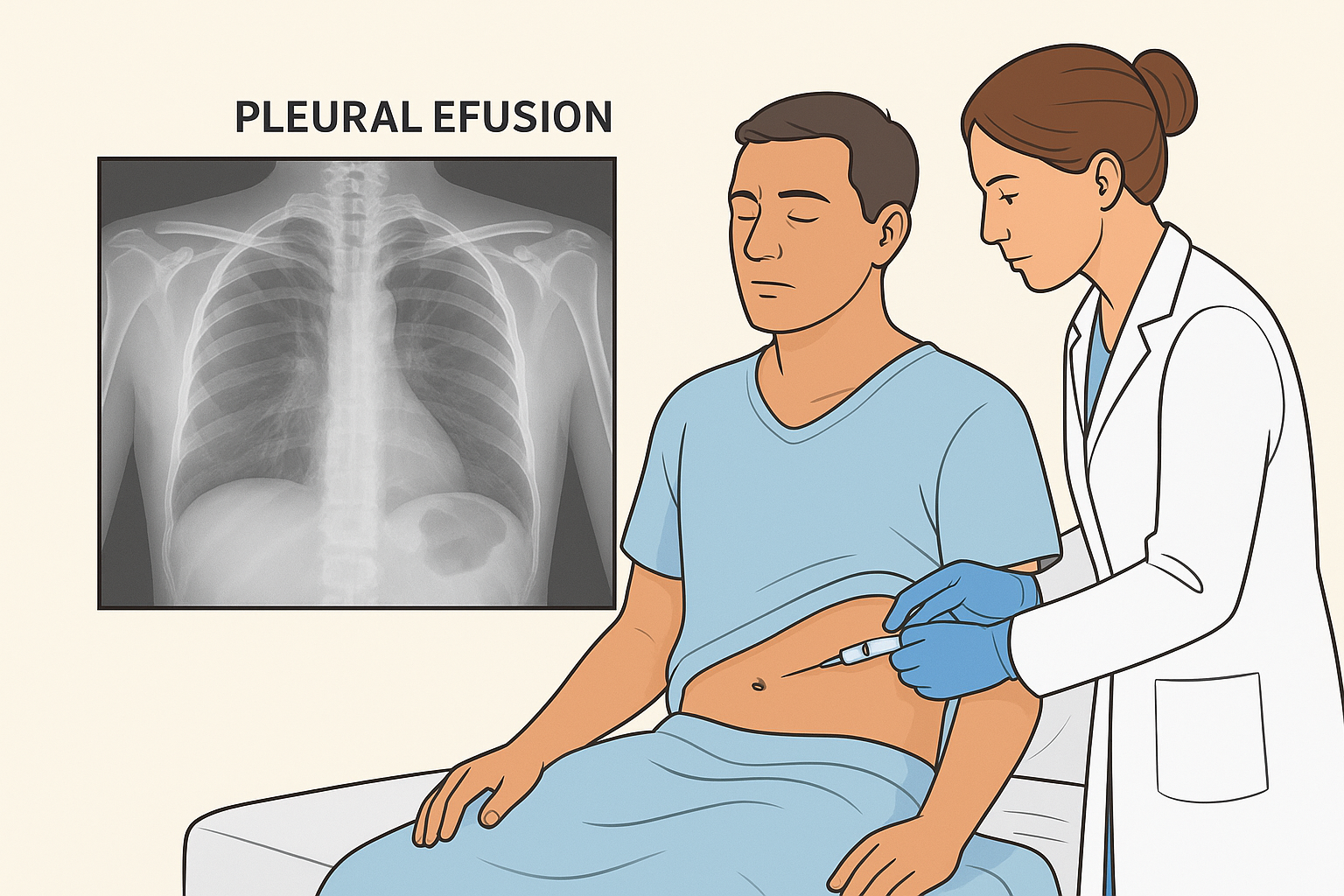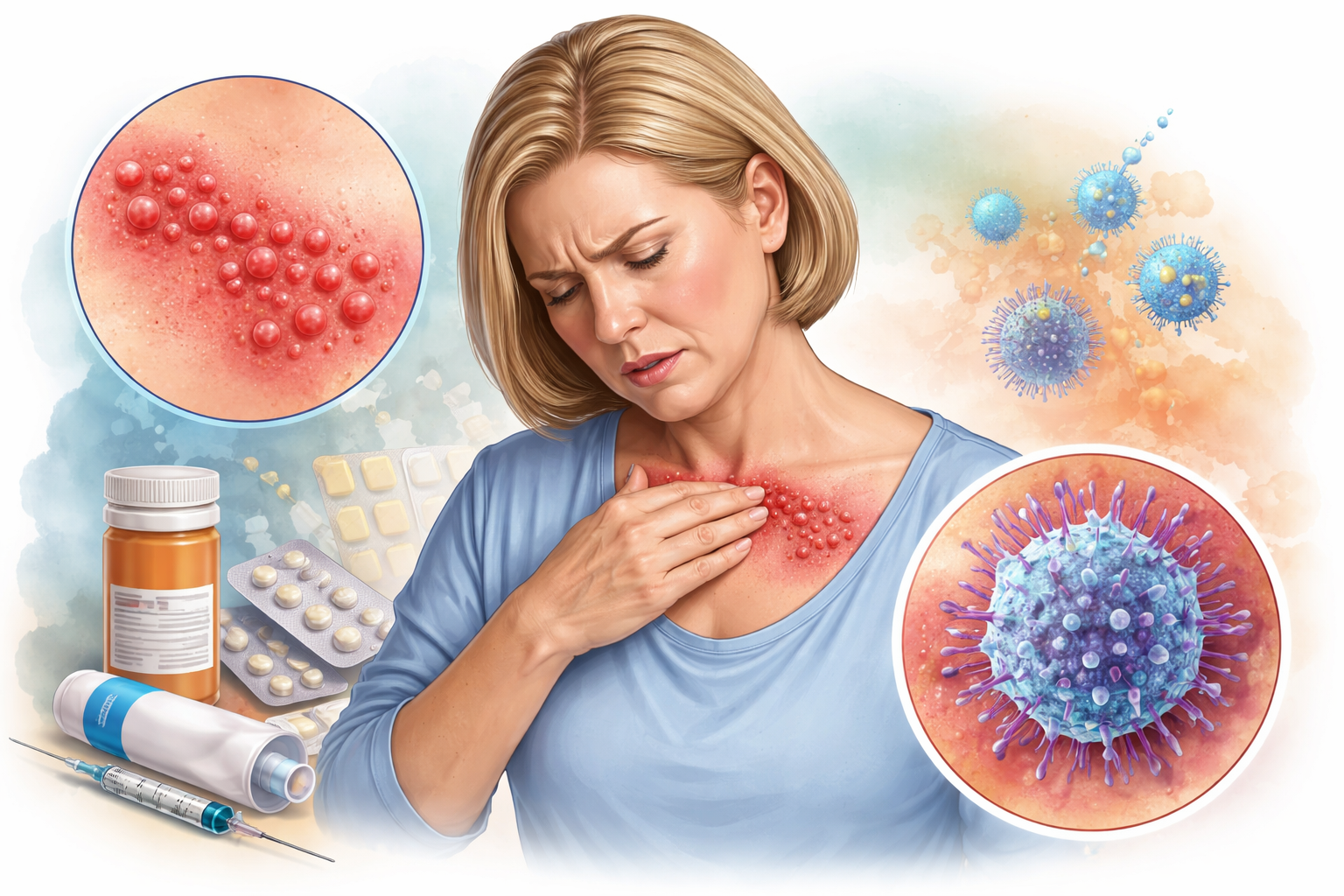Introduction
Diarrhea in children is a common yet concerning condition that can range from mild to severe. It is typically characterized by loose or watery stools occurring more frequently than usual. While most cases resolve on their own, prolonged or severe diarrhea can lead to dehydration, making prompt care essential. In this blog, we will explore the causes, symptoms, treatment options, and preventive measures for childhood diarrhea.
Common Causes of Diarrhea in Children
Understanding the root cause of diarrhea is essential for effective management. The most common causes include:
- Viral Infections:
Rotavirus and norovirus are leading culprits of viral diarrhea, especially in younger children. - Bacterial Infections:
Bacteria like E. coli, Salmonella, and Shigella can cause more severe diarrhea, often accompanied by fever and abdominal pain. - Parasitic Infections:
Parasites such as Giardia lamblia can lead to persistent diarrhea. - Food Allergies or Intolerances:
Lactose intolerance and allergies to certain foods may trigger digestive upset. - Antibiotic Use:
Some children develop diarrhea as a side effect of antibiotic medications due to an imbalance of gut bacteria. - Poor Hygiene and Contaminated Water:
Ingesting unclean water or food can introduce harmful pathogens into the digestive tract.
Symptoms to Watch For
Diarrhea in children can present with various symptoms, including:
- Frequent loose or watery stools
- Abdominal cramps or bloating
- Nausea or vomiting
- Fever
- Dehydration signs (dry mouth, sunken eyes, less urination, fatigue)
Note: Dehydration is a serious concern in young children and infants. If you observe decreased urination, dry lips, or lethargy, seek medical attention immediately.
Effective Home Care Tips
For mild diarrhea, home care is often sufficient to help your child recover. Here are some helpful tips:
1. Ensure Proper Hydration
- Use oral rehydration solutions (ORS) to replace lost fluids and electrolytes.
- Avoid sugary drinks and sodas, which can worsen diarrhea.
2. Maintain a Light Diet
- Offer bland, easy-to-digest foods such as bananas, rice, applesauce, and toast (BRAT diet).
- Avoid dairy, greasy, and spicy foods during the episode.
3. Continue Breastfeeding
- If the child is an infant, continue breastfeeding, as it helps provide essential fluids and nutrients.
4. Rest and Comfort
- Ensure the child gets plenty of rest to support the immune system.
When to See a Doctor
You should consult a healthcare professional if your child experiences:
- Diarrhea lasting more than 3 days
- High fever (above 102°F or 39°C)
- Blood or mucus in the stool
- Signs of dehydration
- Severe abdominal pain or vomiting
Prompt treatment can prevent complications and ensure a speedy recovery.
Prevention Tips for Parents
- Encourage regular handwashing with soap and water.
- Ensure safe food preparation and storage.
- Use clean, safe drinking water.
- Keep your child’s immunizations up to date, especially the rotavirus vaccine.
- Avoid unnecessary antibiotic use.
Final Thoughts
Diarrhea in children, although usually not serious, requires attentive care to prevent complications like dehydration. By understanding the causes and knowing when to seek help, parents can manage this condition more effectively. Always consult a pediatrician for guidance tailored to your child’s specific needs.




